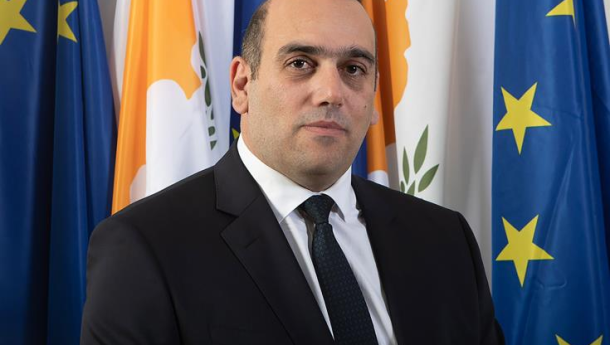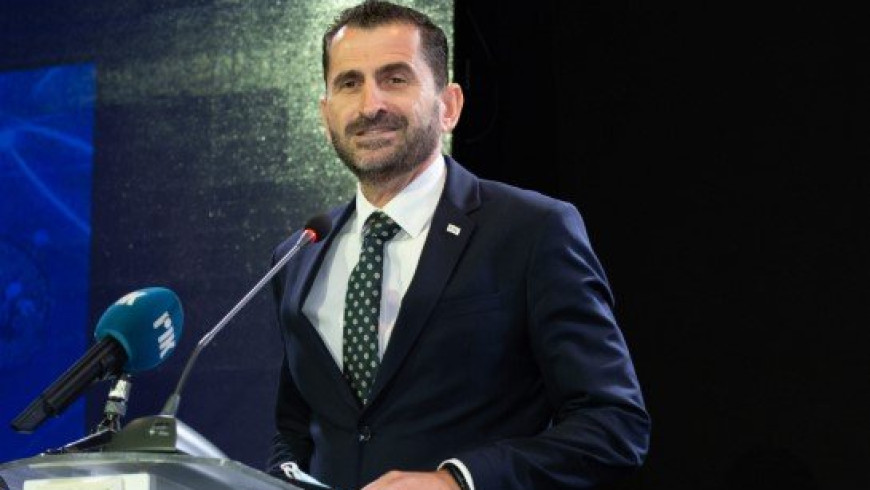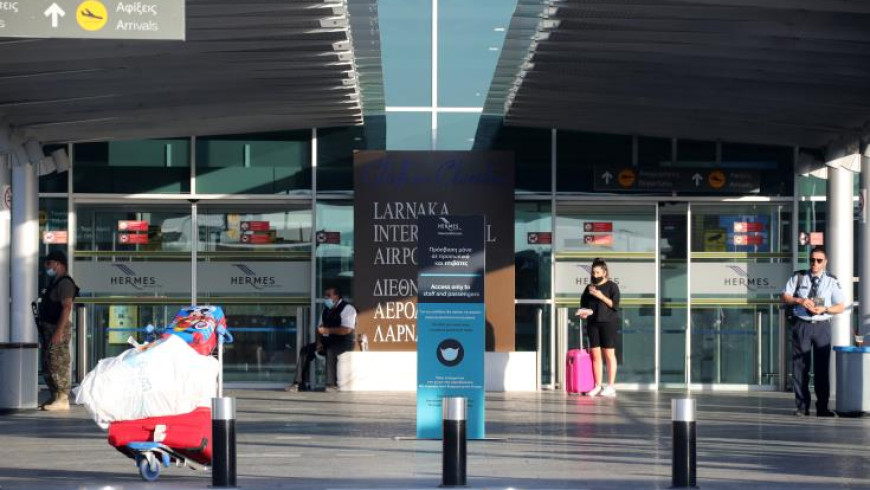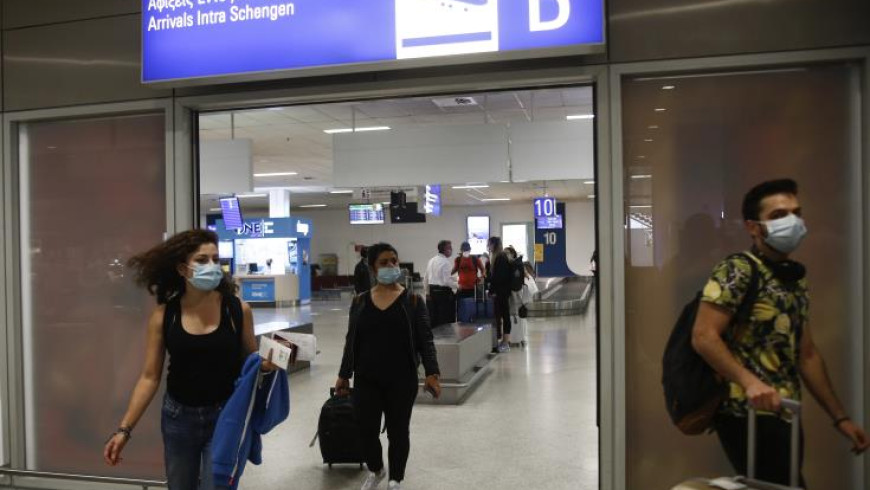
The current government has promoted the most projects and actions on sustainable mobility issues, Minister of Transport, Communications and Works Yiannis Karousos said on Thursday, speaking at the 7th Conference on Sustainable Mobility and Intelligent Transport Systems held on December 8 and 9 in Nicosia.
In relation to air transport, Karousos said that Cyprus has been added to two corridors of the Trans-European Transport Network, the Western Balkans corridor (Cyprus, Greece, Balkans, Croatia, Italy, Austria) and the Black Sea, Aegean and Baltic Sea corridor, which starts from Cyprus and ends in Helsinki and connects to Mariupol in Ukraine and Moldova, thus sending many geopolitical messages.
Cyprus also achieved the expansion of its internal road network with the inclusion of the Paleochori-Agros motorway in the Trans-European Transport Network, Karousos added, while the city of Larnaca was included in the major urban centres along with Nicosia and Limassol due to the partial occupation of the capital and the existence of the airport outside it.
The biggest challenges relate to the area of sustainable mobility, Transport Minister said, noting that the current generation will pay a heavy price for a better future for the next one. Focusing on the aviation sector, he said that Cyprus has promoted an EU-level tool which provides support to airlines to achieve their targets, while reducing the negative impact of the cost of compliance with the new fuel and refueling standards for air carriers.
Technology and transport systems play a very important role, continued Karousos, with Cyprus already having installed cameras and sensors on motorways to manage traffic and automatically inform drivers, adding that a tender will be launched this month for the so-called "smart traffic lights" to manage traffic in Nicosia and Limassol using artificial intelligence, with an estimated improvement in traffic flow of between 15% and 35% with the use of technology alone.
For her part, Minister of Energy, Commerce and Industry Natasa Pilides said that sustainable mobility belongs to the broader context of the need to adopt immediate actions to achieve the transition to green energy, noting that Cyprus has been making rapid strides in recent years to achieve its climate goals, particularly in transport.
In the field of sustainable transport, Pilides said that there is a Ministry of Energy grant scheme of €1.5 million in force until the end of 2023 for the installation of photovoltaic systems in homes for charging electric or hybrid vehicles, interest in which has been boosted by the Ministry of Transport's scheme for the purchase of electric vehicles.
Another very important aspect concerns biofuels, the Energy Minister continued, with the biofuel market recording increasing trends in recent years and the share of biofuel in the conventional fuel mix reaching 7.3%, which translates into an 8% reduction in greenhouse gas emissions in the road transport sector compared to 2005. She added that from 2014 onwards the majority of biofuel consumed in Cyprus is produced from processed cooking oil.
On behalf of the Deputy Minister of Research, Innovation and Digital Policy Kyriacos Kokkinos, the Permanent Secretary of the Deputy Ministry Stelios Chimonas focused in his address on the digital component of sustainability and development goals, which is also the main part of the “Cyprus-Tomorrow” Plan.
The national effort of the Deputy Ministry for the development of Smart Cities across Cyprus is also part of the above framework, continued Chimonas, a project of 35 million euros that has been included in the Recovery and Resilience Plan and which utilises technological solutions and digital data to address key challenges facing Cypriot cities today (pollution, energy consumption, citizen participation).
On behalf of the Minister of Agriculture, Rural Development and Environment Costas Kadis, Environment Officer Lakis Mesimeris referred in his welcome address to the new legislative provisions on the additional costs of conventional fuel, with the inclusion of road transport, buildings, aviation and maritime transport in a greenhouse gas emissions trading scheme, costs that will be borne by the economy mainly through increased freight rates, and noted that in cooperation with the relevant ministers it was possible to recognize certain specificities of Cyprus and ensure appropriate tools to address the challenges, such as the recognition of the isolated system and the favorable regulation for sustainable aviation fuels.












 3287.99
3287.99 1275.09
1275.09
